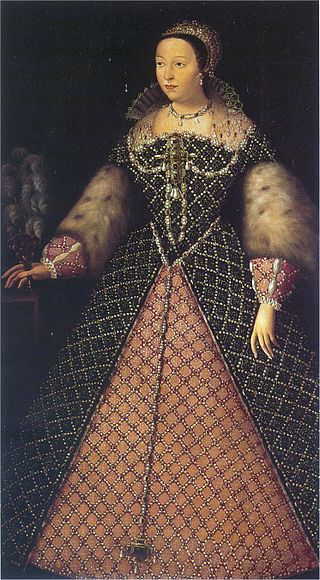In the sixteenth century, Italian noblewoman Catherine de’ Medici became queen consort of France and, later, regent or close adviser for three sons, each of whom became king. This gave her an opportunity for considerable power in political affairs, but she had to be savvy to seize it. And, as historian Susan Broomhall writes, one method she chose was chess.
Broomhall writes that chess was not just a game in early modern Europe: “Its play provided important political training about statecraft, social hierarchies, and warfare.” This didn’t go unnoticed by royal women with political ambition. Anne of Brittany, who was queen of France decades before Catherine, played the game, and so did Catherine’s contemporary Margaret of Austria.
Some early modern writing and art explicitly presented chess as a means for women to prove themselves in political life. The writers of chess manuals targeted high-status women as one of their audiences. (Read more.)
Thursday, July 15, 2021
Catherine de’ Medici and Chess
Subscribe to:
Post Comments (Atom)


















1 comment:
Game of Chess with Portraits of the Painter's Three Sisters and a Servant by Sofonisba Anguissola, c1555, was a delight. Not only did women who were ambitious for power use the game of chess to prove themselves in political life. We can see from the painting that bright young women from non-royal families enjoyed the intellectual and social aspects of a great game. Sitting outside in the fresh air, well dressed and with barely any supervision, the girls were having fun.
Post a Comment